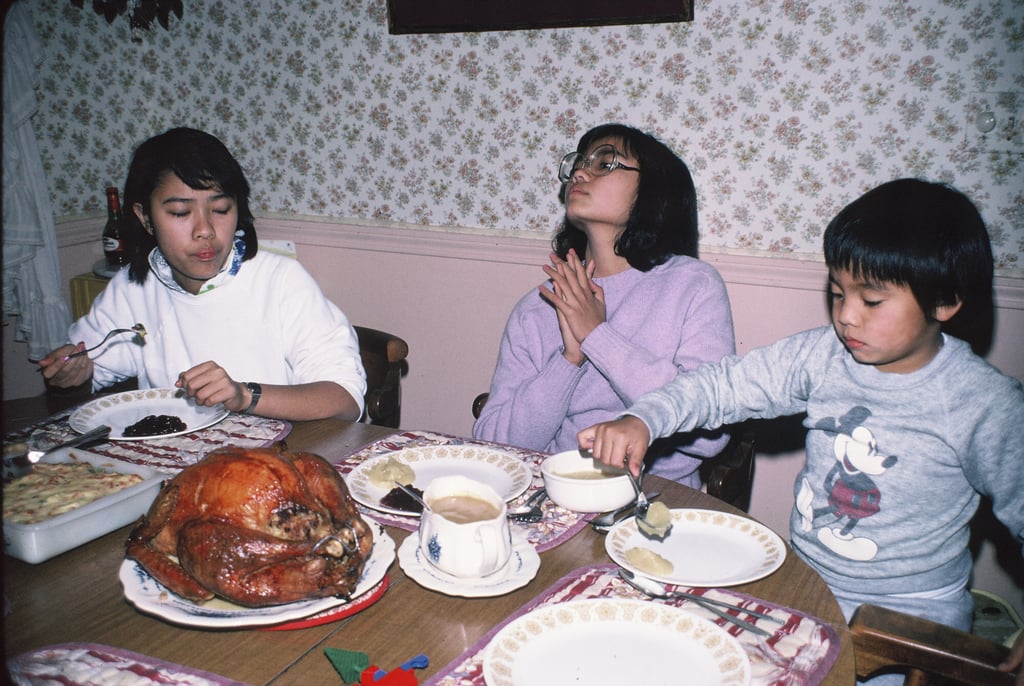The Filipino immigrant experience in the US – author gives voice to an educated woman’s sacrifice, and recounts her own childhood
- Grace Talusan has written about her own experiences growing up Filipino in the US, and about the sacrifice of Filipinos forced to work overseas to support their families.

Marybelle is a Filipino domestic helper who lives with Lincoln Chow, a Chinese-American professor, and Jing, a Hong Kong-born homemaker who yearns for a child she is not able to have. Marybelle earns money not only from the Chows, but also from weekends spent cleaning the rooms of local students. Her hard-earned dollars transform into large remittances home to her mother and daughter in Manila.
In turn, her mother mails Marybelle photos of the sprawling family’s newborn babies and of relatives at funerals – a token connection to family milestones that happen while she toils, several continents and oceans away.
Marybelle keeps all of these photographic moments in a scrapbook she’s named “The Book of Life and Death”. The pages are filled with “snapshots of those who have just taken their first breath and those who have taken their last”, the halves of the book separated by a ribbon. The live-in domestic helper has been working overseas for so long that her mother used to physically post her the photos.
Before the smartphone era, she says, “I would receive a thick envelope from the Philippines, the coarse, mustard-yellow paper still infused with the very odour of home. I’d hold it to my cheek, remembering the warmth of my mother’s skin. I felt loved, and remembering this love is how I survive without the company of the most important people to me.”

The short story featured this past autumn as the Boston Book Festival’s “One City One Story: Read. Think. Share” offering, with copies distributed to 20,000 readers across the city, and thousands more reading it online. But the Philippines-born, New England-raised writing professor – Talusan is the Fannie Hurst Writer-in-Residence at Brandeis University, near Boston – never set out to write about a domestic helper.